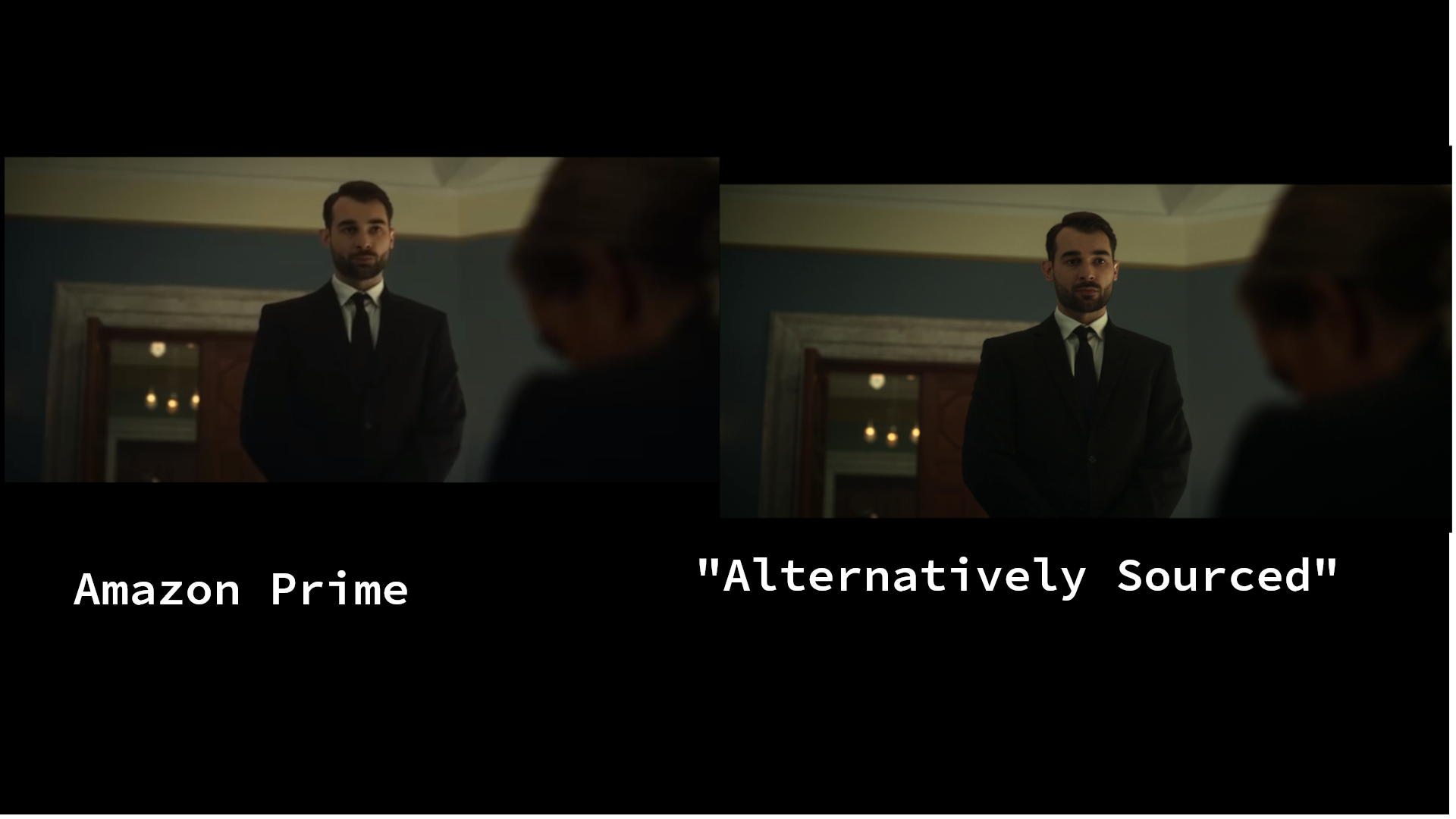472
you are viewing a single comment's thread
view the rest of the comments
view the rest of the comments
this post was submitted on 01 Feb 2024
472 points (100.0% liked)
Piracy: ꜱᴀɪʟ ᴛʜᴇ ʜɪɢʜ ꜱᴇᴀꜱ
65384 readers
143 users here now
⚓ Dedicated to the discussion of digital piracy, including ethical problems and legal advancements.
Rules • Full Version
1. Posts must be related to the discussion of digital piracy
2. Don't request invites, trade, sell, or self-promote
3. Don't request or link to specific pirated titles, including DMs
4. Don't submit low-quality posts, be entitled, or harass others
Loot, Pillage, & Plunder
📜 c/Piracy Wiki (Community Edition):
🏴☠️ Other communities
FUCK ADOBE!
Torrenting/P2P:
- !seedboxes@lemmy.dbzer0.com
- !trackers@lemmy.dbzer0.com
- !qbittorrent@lemmy.dbzer0.com
- !libretorrent@lemmy.dbzer0.com
- !soulseek@lemmy.dbzer0.com
Gaming:
- !steamdeckpirates@lemmy.dbzer0.com
- !newyuzupiracy@lemmy.dbzer0.com
- !switchpirates@lemmy.dbzer0.com
- !3dspiracy@lemmy.dbzer0.com
- !retropirates@lemmy.dbzer0.com
💰 Please help cover server costs.
 |
 |
|---|---|
| Ko-fi | Liberapay |
founded 2 years ago
MODERATORS


How would you use that in a sentence? Like "You can compress the hell out of the video and it's transparent"?
You'd describe the encoding, not the source. The fun part is that it also applies to audio. "At 256 kbps, MP3 is transparent."
It only applies to lossy codecs. Lossless codecs, by definition, have no error. "Error" itself being a borrowed term. Good encodings don't have fewer errors... they have less error. For example, measured as mean squared error, where an individual sample being very wrong counts more than many samples being slightly wrong.
"the encode is transparent"
"This video uses transparent encoding."